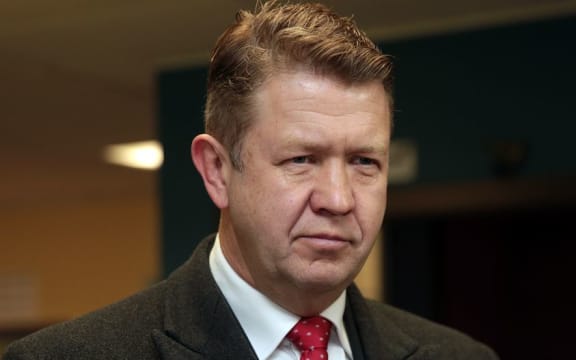The Labour Party is promising to lift spending on health and education while at the same time running bigger surpluses than the Government unveiled in the May Budget.

David Cunliffe. Photo: RNZ / Diego Opatowski
In its alternative Budget released on Wednesday, Labour outlined plans to raise taxes for the rich, introduce a capital gains tax and pay back debt.
Leader David Cunliffe said the increase in health and education spending is the biggest commitment his party is making.
"A billion dollars a year so that New Zealanders know and can have assurance that real levels of spending in health and education are guaranteed."
Mr Cunliffe said other spending will be restrained and with more tax being collected a Labour-led Government would run surpluses.
Finance Minister Bill English is questioning whether Labour can do that when it believes spending more is the answer.
But Labour's finance spokesperson David Parker said it won't be going on a spending spree.
"We in Labour will not be writing cheques that we can't cash. We consistently ran surpluses when last in Government and we'll do it again. We'll restart contributions to the Cullen Fund, we will be increasing surpluses compared with those which are shown in the latest Budget document."
Prime Minister John Key says Labour's figures don't add up.
Top tax rate targeted
If elected on 20 September, the Labour Party would raise the top tax rate to 36 percent on income above $150,000, affecting the top 2 percent of income earners.
The new rate and the introduction of a comprehensive capital gains tax would allow a Labour-led Government to run surpluses and repay debt.
"This will affect 2 percent of taxpayers, whose incomes average $260,000 per annum," David Cunliffe said.
"This small group has received billions of dollars in tax cuts from the current Government, at a time when it could not afford them. We're also raising the trustee tax rate to 36 percent to reduce tax avoidance and ensure that everybody contributes their fair share."

